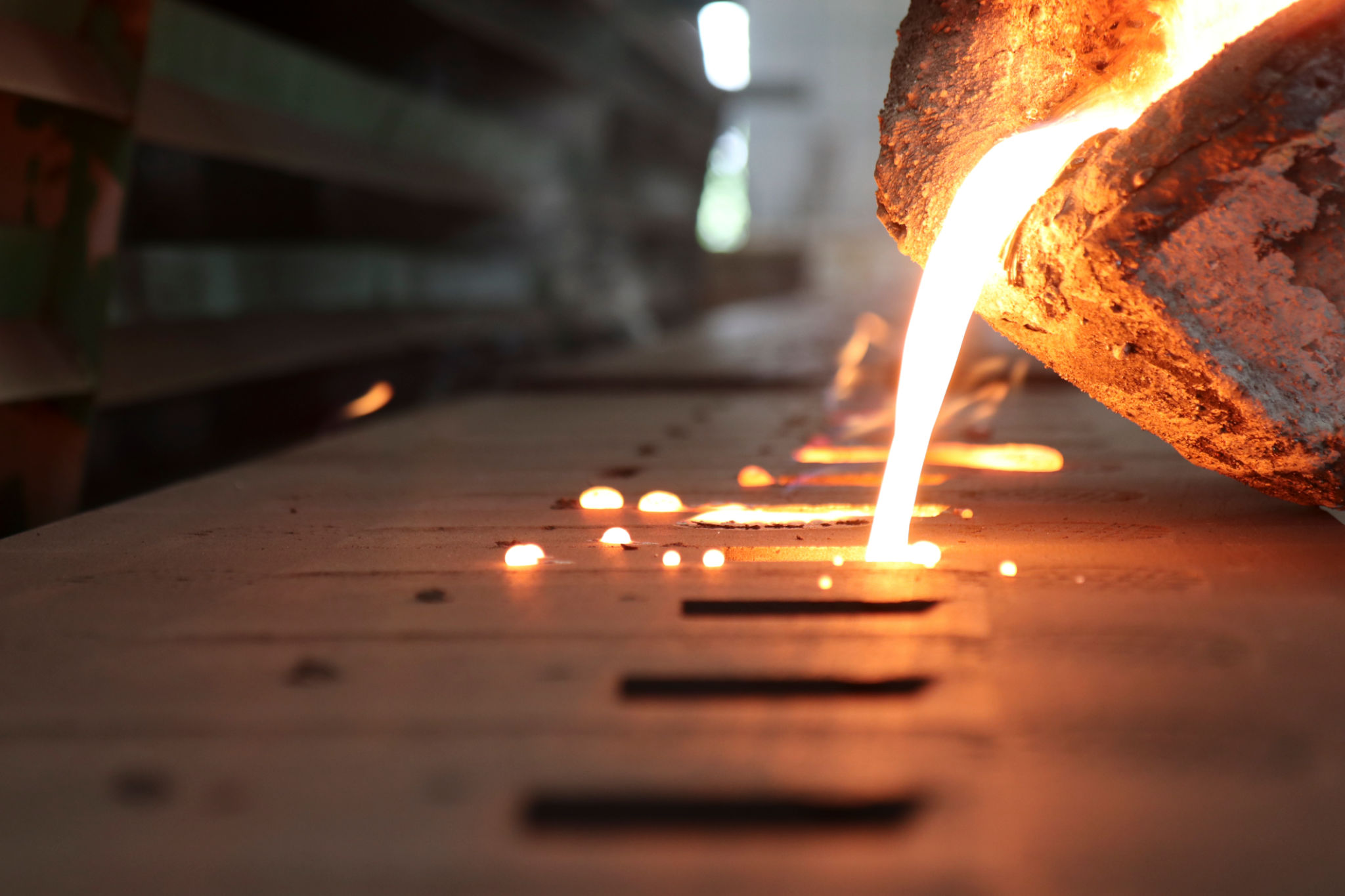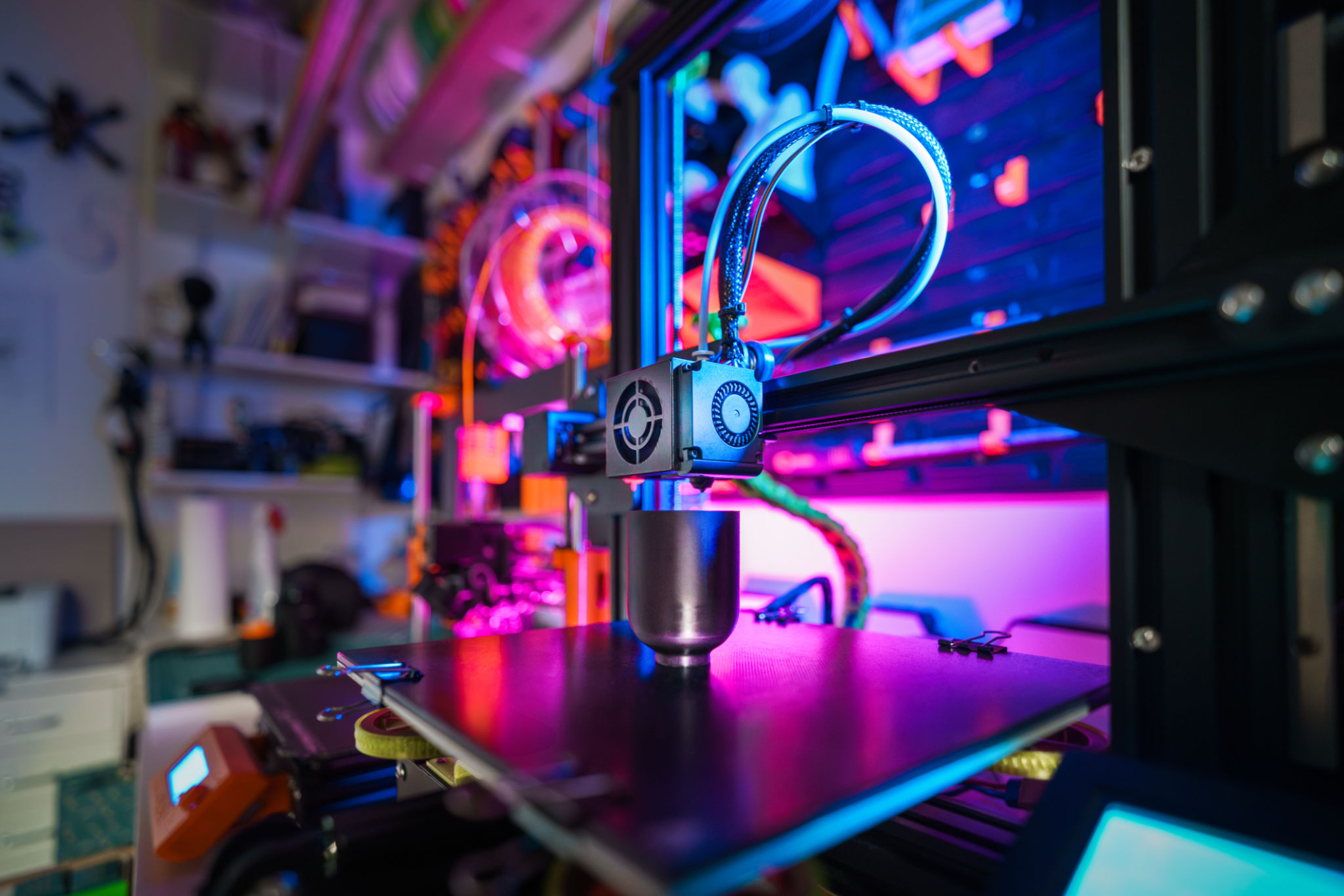Innovations in Metal Casting: The Future of Foundry Technology
Introduction to Modern Metal Casting
Metal casting has been a fundamental part of manufacturing for centuries, shaping the way we build and create. Today, the industry is experiencing a wave of innovation that promises to revolutionize traditional methods. From sustainability to efficiency, these advancements are setting new benchmarks in foundry technology.
Understanding how these innovations impact the future of metal casting is crucial for professionals in the field. Not only do they offer opportunities for improved production processes, but they also pave the way for more complex and customized designs.

Advancements in Casting Materials
One of the most significant innovations in metal casting is the development of new materials. These materials are engineered to be stronger, lighter, and more resistant to temperature and corrosion. For instance, aluminum-silicon alloys are gaining popularity due to their superior mechanical properties and ease of casting.
Another exciting development is the use of composite materials, which combine metals with other substances to enhance performance. These composites are not only more durable but also more sustainable, reducing waste and energy consumption during production.
The Role of 3D Printing
3D printing has emerged as a game-changer in the casting industry. By allowing for rapid prototyping and complex geometries, 3D printing reduces the time and cost associated with traditional mold-making processes. This technology enables foundries to produce intricate designs that were once thought impossible.

Furthermore, the precision of 3D printing ensures that each casting is identical to the last, significantly improving quality control and reducing material waste. The ability to quickly iterate designs has opened up new possibilities for customization and innovation.
Automation and Smart Foundries
The integration of automation and smart technologies is another major trend in modern metal casting. Automated systems are being used to monitor and control every aspect of the casting process, from temperature regulation to material handling.
This level of control not only increases efficiency but also enhances safety by reducing human error. Smart foundries equipped with IoT devices can predict maintenance needs and optimize production schedules, leading to reduced downtime and increased productivity.

Environmental Considerations
As with many industries, sustainability is becoming a key focus in metal casting. Innovations aimed at reducing the environmental impact include the development of eco-friendly binders and coatings that minimize emissions. Additionally, recycling initiatives are being implemented to reuse excess metal and reduce raw material consumption.
These efforts are crucial for ensuring that the industry meets global sustainability goals while maintaining its competitive edge. By adopting greener practices, foundries can not only improve their environmental footprint but also appeal to a more environmentally conscious market.
The Future Outlook
The future of metal casting is bright with potential, driven by continuous technological advancements. As foundries embrace these innovations, they are better equipped to tackle challenges related to efficiency, cost, and sustainability.
Ongoing research and development promise even more breakthroughs in materials science and automation, further pushing the boundaries of what is possible in metal casting. As these technologies become more accessible, they will shape the industry's landscape for years to come.
